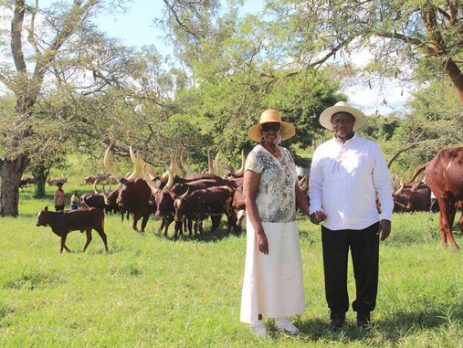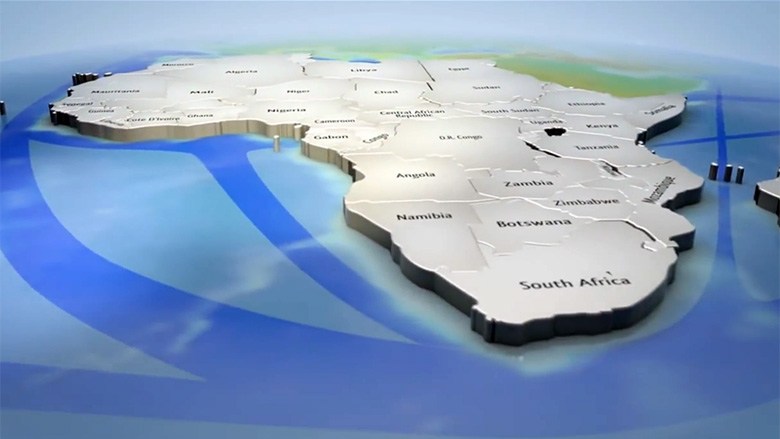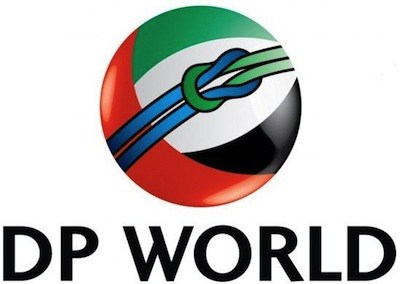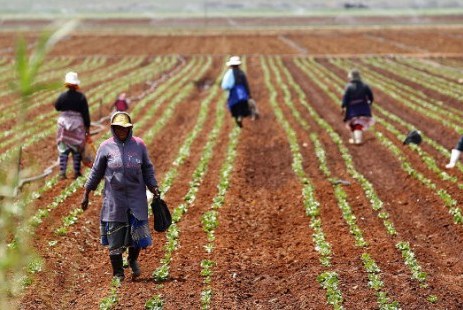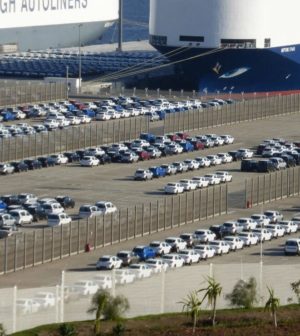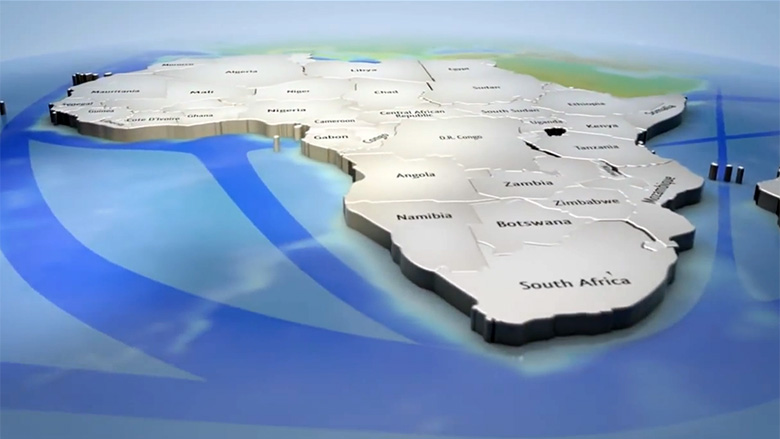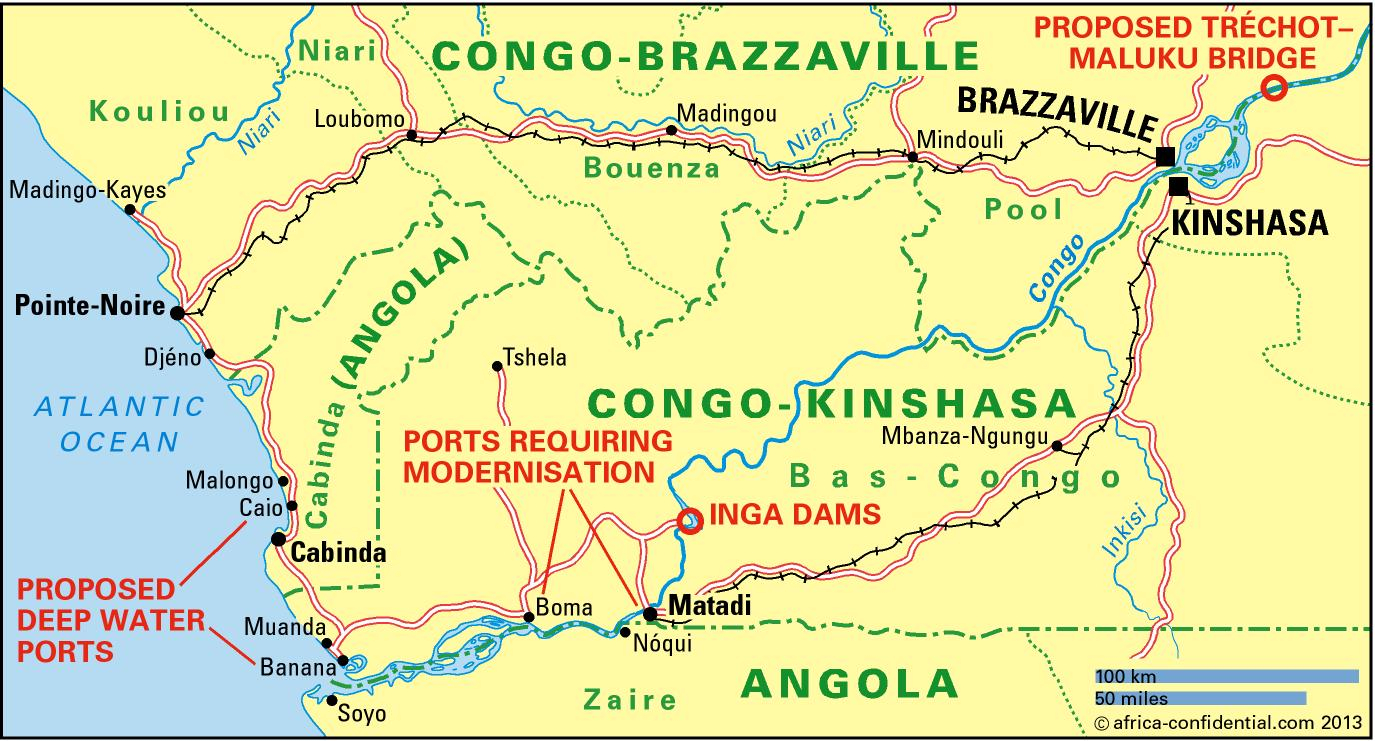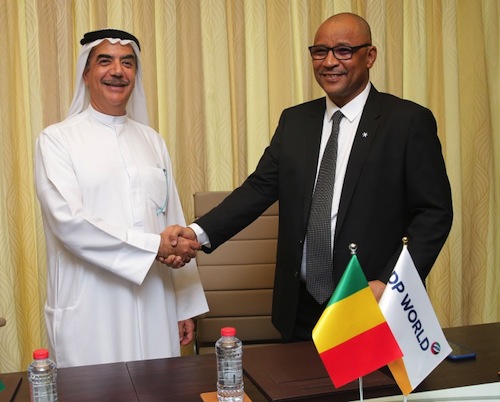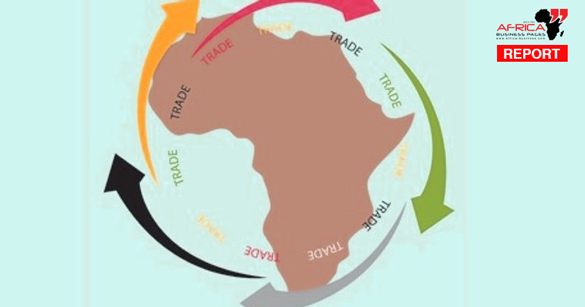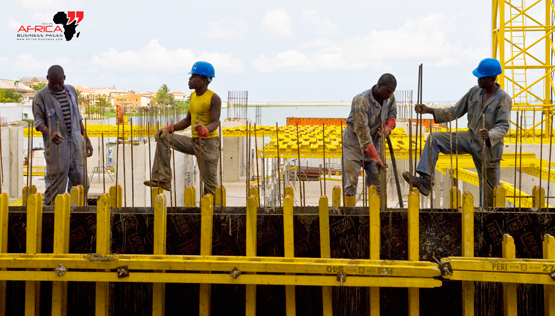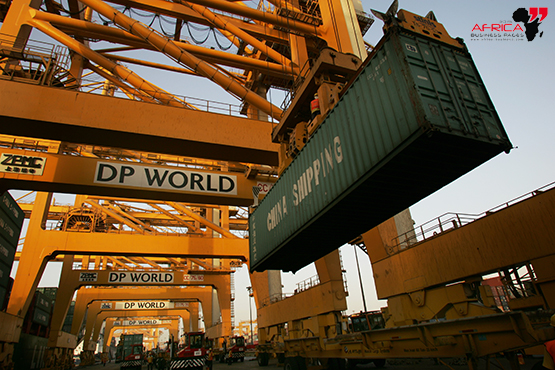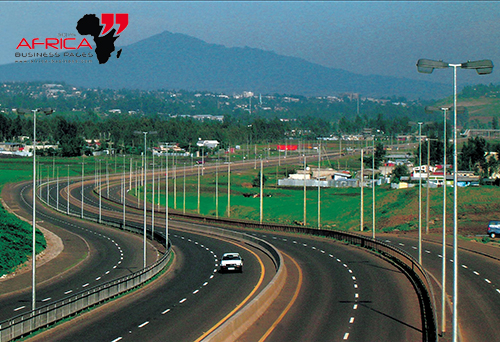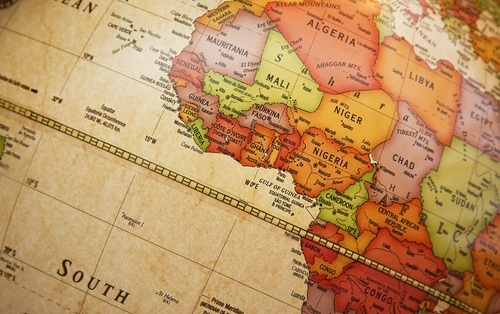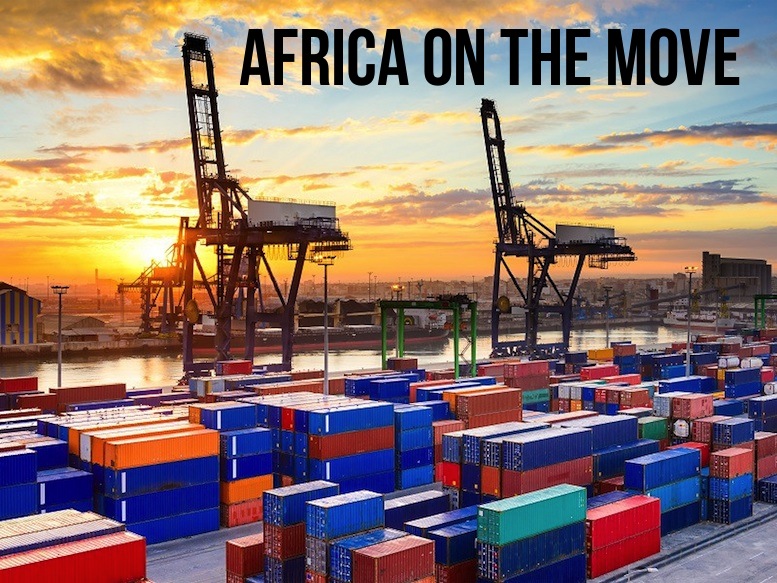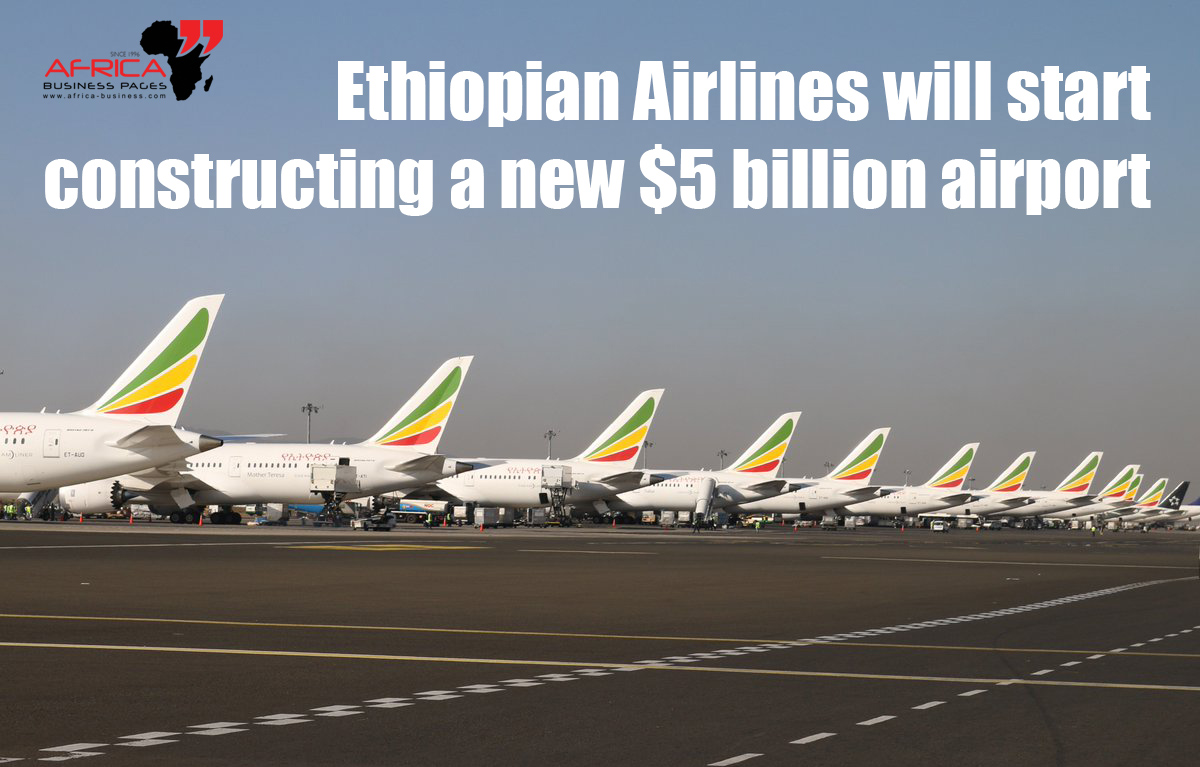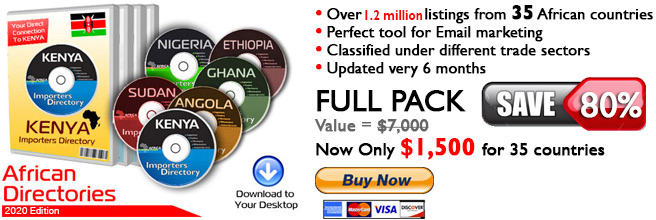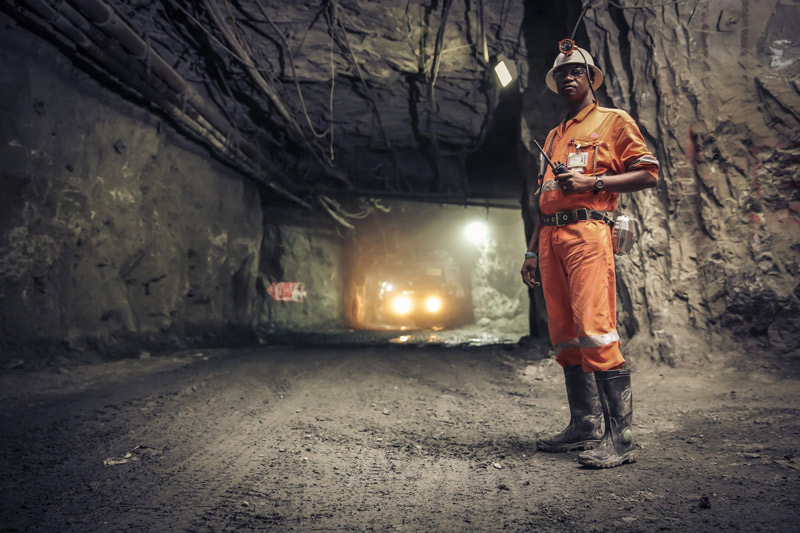Best Places to Live and Work in Africa

Investing and starting a business and living in Africa is different than anywhere else in the world. The few countries with western-style economic freedom are not even on the continent; Mauritius is ranked the nearly makes the list of the top 20 free economies in the world, but is literally an island in Africa.
The biggest challenge to finding the best places to work and live in Africa is reliable information. While indices tracking economic freedom are helpful, they don’t always tell the whole story. A young entrepreneur starting a business on the ground may not deal with the same corruption issues a multinational corporation will deal with. If you focus only on data at the expense of real-world experience, you won’t get very far.
So here is a list of top countries in Africa that offer attractive propositions for those wanting to live and work in Africa:
RWANDA
Rwanda is called the “Singapore of Africa” – not only is the capital city of Kigali incredibly clean and safe, but the government is efficient and responsive.
Business registration in Rwanda isn’t just fast by African standards; it’s possible to register a company within just hours.
Rwanda keeps bureaucracy moving quickly with a highly organised government that minimizes risk. Literally anyone – can get a visa on arrival at Kigali Airport.
Another thing Rwanda has that is rare among African nations: a vision. The country’s “Vision 2020” program is actually relatively well-crafted, with goals to double urbanization to 35% by 2020. Free trade zones are one way they plan to increase foreign investment, and focus on growth has led to an average of 7% GDP growth since the early 2000s. Internet connectivity is among the best in Africa.
Despite limited natural resources, Rwanda was one of China’s biggest investment plays. But there are opportunities for other investors, too. Housing shortages are a real thing in the Kigali, and no one is filling the gap. There are tax breaks, too; invest $10 million and pay zero, or produce goods for export and pay a flat 15%.
ZAMBIA
Zambia is a southern African nation that has long been a beacon of stability on the continent since becoming independent from the United Kingdom in the 1960s. It first came onto my radar years ago when a South African friend told me about the white Zimbabwean farmers who were welcomed in by Zambia after Zimbabwe expropriated their land.
Some of those farmers now plan to return to Zimbabwe as it slowly re-opens for agricultural business. The country had one of Africa’s fastest growing economies, which has since slowed down. The government has opened incentive programs to ensure the economy is diversified, and although the system seems clunky it’s starting to work in numerous sectors.
Zambia’s economy benefits from years of development, which means a more advanced banking system with players such as Barclays, Citi, and Bank of China. New businesses can avail themselves of a 0% corporate tax rate for their first five profitable years, and partial reductions after that. GDP growth has been positive for a decade. Just as importantly, Zambia sits in potentially the best neighborhood in Africa. While the country is landlocked, trade opportunities are interesting even (or perhaps especially) as South Africa goes down the tubes.
While Zambia is not a “sure thing” and some skilled farmers are leaving, the political stability of the region and the country’s above-average push to attract and reward foreign investment is noteworthy.
GAMBIA
For decades, Gambia was run by President Yahya Jammeh. Jammeh’s dictatorship oversaw oppression of journalists, the exile of gays, and even a first-ever withdrawal from the Commonwealth. Corruption was persistent in this tiny west African nation, although the country did have an interesting association with the offshore industry through its ill-fated IBC offshore company register and its questionable sale of permanent residence to Chinese emigrants.
Jammeh was recently voted out of office in a surprise election that has paved the way for Gambia to reduce corruption and attract business. There is no doubt that The Gambia’s economic situation is dire, but the new government has taken a business-friendly approach thanks to actual businesspeople who are part of the new administration.
Gambia is offering tax breaks and incentives in a number of economic sectors and is rolling out new plans to rebuild confidence in the new government’s ideas.
Some industries are being privatized, government debt is slowly being reduced, foreign exchange reserves are being built up, and locals say a sense of freedom has returned. There is also growth in the financial sector as the government rolls back regulations and allows even more foreign investment in Gambian banks that provide credit to locals.
There is no doubt that The Gambia has a small, perhaps even fragile, domestic economy, but it is slowly heading in the right direction. The pro-business government can make Africa’s smallest nation a highly nimble and adaptive place frontier market for investment.
DJIBOUTI
Things haven’t been looking good for Djibouti lately, but the country’s strategic position is surely a major plus point. There is no denying the country’s excellent position on the map. This tiny nation of barely one million people is smack dab in the middle of the world’s second largest shipping route on the Red Sea. Unlike much of Africa, agriculture plays little role here; the port, with its shipping and logistics, are what matters. Djibouti also enjoys friendly relations with neighbours, like far larger and landlocked Ethiopia.
Another big reason to invest: China. While China has largely been pulling out of Africa, they have been heavily investing in Djibouti’s port and have opened their first overseas military base there. The presence of the Chinese and other expats who see Djibouti as a goldmine may be the reason the country “feels safer” than many other African countries. The currency also offers a certain stability, with its peg to the dollar and low inflation by African standards.
There are a lot of good fundamentals between good company, good geopolitics, and good geography that count in Djibouti’s favour . Djibouti City was quite the hot spot for foreigners seeking investments not so long ago, and may still be worthy of consideration.




